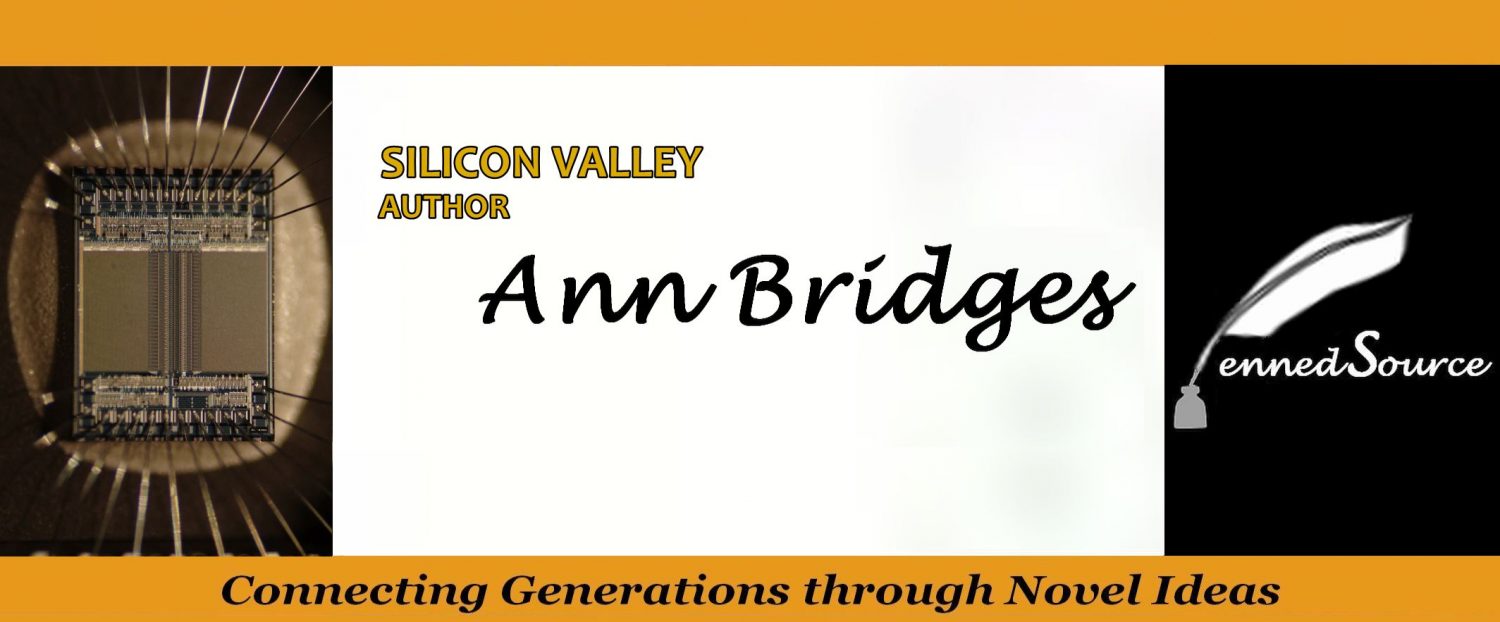
The role of novelists has always been to transport the public to an imaginary place—fantastical islands, super-hero worlds, gritty neighborhoods, and now, ominous futures. The best fiction writers conduct thorough research, basing their creative suppositions on facts, even when those facts seem as far-fetched as make-believe characters. Non-fiction writers and careful scientists vet those facts later, and often prove the point of the novelists.
When I began my research into the huge implications of America’s reliance on rare earth metals back in 2011, I had no idea the scope of the issue beyond Silicon Valley’s myopia and careless shrug that someone else would deal with it. The fact that China had indeed muscled Japan into capitulation by embargoing their supply of critical materials necessary for the success of their technology companies was ignored. Instead, more manufacturing moved to China, and we became increasingly dependent on China’s goodwill to build our smartphones, MRIs, wind turbines, batteries, and laser-guided missiles—and more.
Here is a list of writers equally concerned about a future based on technologies over which we have so little understanding or control.
Ghost Fleet: A Novel of the Next World War (6/15) shook the American military establishment with its extrapolation of what might happen under current-day policies and underestimation of China’s ability to dominate the next world war, if it so chooses. Set partly in outer space, partly in the Arctic Circle, and in the eerily familiar San Francisco Bay at its mothball fleet (hence the book’s title), it catapults us into a very scary future. Its co-authors, Pete Swinger and August Cole are experts in their field of anticipating future wars and our growing reliance on technology in conflicts.
As I pursued additional details, I uncovered a kindred author, David S. Abraham, who like me was working very hard to explain these complex scientific and political topics in easy-to-understand language and essential metaphors. David likens rare earth metals relationship to technology as yeast is to pizza: invisible, but essential to the final product that we know and love. His non-fiction book, The Elements of Power: Gadgets, Guns, and the Struggle for a Sustainable Future in the Rare Metal Age (10/15), sets the factual stage for a brand new world of changing alliances and warfare over tiny minerals rather than oil or water, and seeks solutions for mankind as well as our environment.
Seven months later, my publisher was willing to launch a book on this controversial topic in the middle of a turbulent election year when future foreign policies were still unknown. Rare Mettle: A Silicon Valley Novel (5/16) hit the shelves worldwide after receiving accolades and endorsements from global mining, military, and political experts. I originally envisioned it as an unlikely worst-case scenario, but as China stepped up its military presence in the South China Sea and continues posturing as the rightful governor of the surrounding region, it seems my fictional story could indeed come true. Its basic premise: what would happen to our technology companies, our military, and our way of life if China decided to halt its shipments of rare-earth-based products due to a political dispute over arms sales to Taiwan?
Fast forward to June of 2017, with a new administration setting the tone to take on China directly, bring manufacturing back to our shores, re-start our mining efforts, and rollback regulations throttling our energy independence—and perhaps more. Sellout: How Washington Gave Away America’s Technological Soul, and One Man’s Fight to Bring It Home (6/17) brings my Washington insider Jim Kennedy’s story into the spotlight. Award-winning journalist Victoria Bruce shares Jim’s story of a committed patriot working incessantly to shake Congress and the Pentagon establishment to wake up to how reliant we have become on China for our very freedom and way of life. The status quo has failed us, China has outwitted us by using market forces against us, and no one seems to have an answer—except Jim and his unorthodox cadre of patriots.
And next up, another of Rare Mettle’s endorsers, Future War: Preparing for the New Global Battlefield (9/17) by Major General (retired) Robert H. Latiff. With over 30 years serving our country, including a stint as commander of Cheyenne Mountain Operations Center, his endorsement of Rare Mettle was a true honor: “a plausible and frightening story about America’s absolute dependence on Chinese rare earth metals and the head-in-the-sand behavior of Silicon Valley elites and DOD bureaucrats when all the warning signals were flashing red.” His own ethics-based book on what the state of war is and should be is worth reading and considering, before it’s too late.
What do these books have in common? A drumbeat of people outside the political establishment, all warning that the 15-second soundbites and 140-character tweets are no substitute for grounding yourself on what future conflicts will look like.
After 9/11, everyone cried, “Why didn’t someone connect the dots?” Here are the dots, in a perfect timeline spanning years, yet very few of our citizens are aware of our current danger.
Please read these books, write reviews, share with your friends, talk with your co-workers, and raise the rallying cry of these six authors. With foreboding, we present the contexts for future war with the hope that understanding the realities of situation may galvanize action to mitigate risks and secure our prosperity for generations to come.
